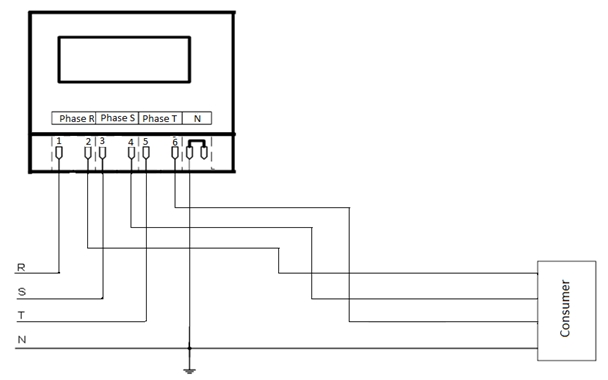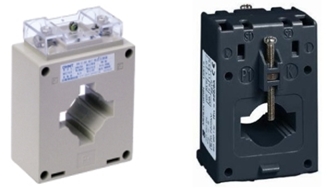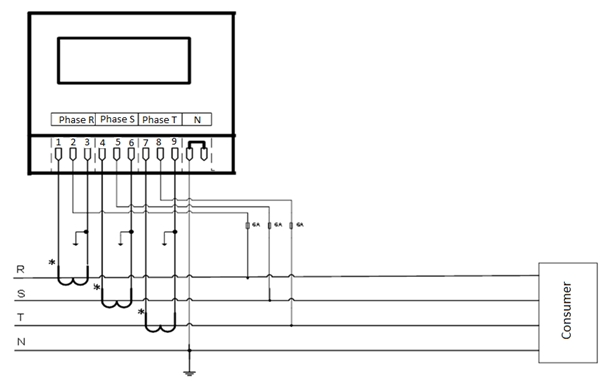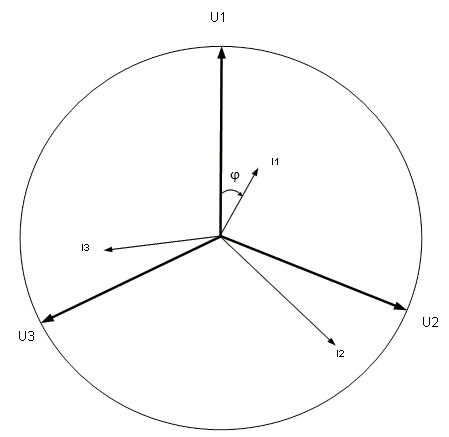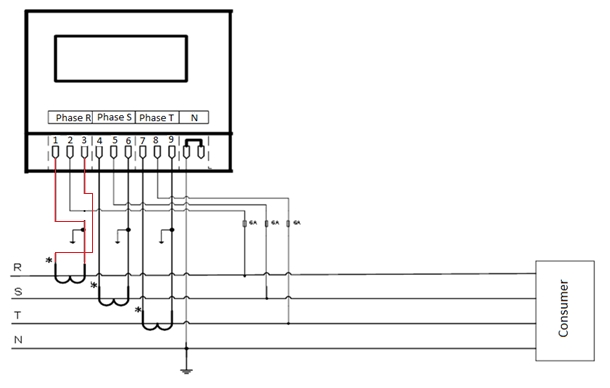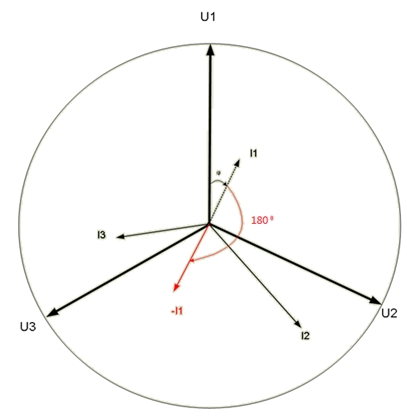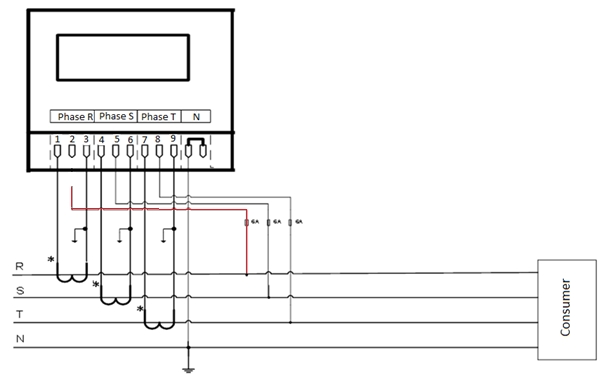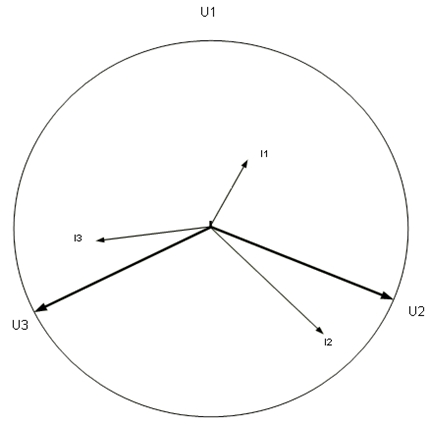Hi, last time I told you about smart meter on middle voltage ; this time let’s see the basics of smart meter on low voltage.
Low is considered a voltage up to 1kV. There are two ways for measuring on low voltage:
- Direct measuring – this method is used for current up to 100A (there are one phase and three phase electricity smart meters for this type of measurement)
- Indirect measuring – this method is used for current over 100A (you need current transformers for low voltage)
Direct measuring
In the following pictures you can see how the different electricity smart meters look like depending on the measurement method.
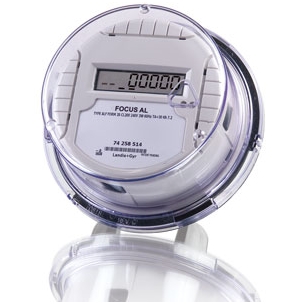
One phase electricity smart meter for direct measuring
These smart meters are to be mounted on small electricity consumers like small houses, apartments, small shops.
The connection diagram of this type of smart meter is the same as the three phase direct smart meter except that here we have only one phase.
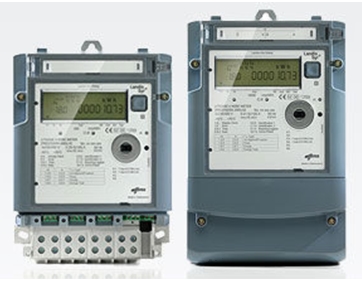
Three phase electricity smart meter for direct measuring
These smart meters are to be mounted on bigger electricity consumers (up to 100A) like big houses, shops etc.
This is the connection diagram for these smart meters:
| 1 | First phase input |
| 2 | First phase output |
| 3 | Second phase input |
| 4 | Second phase output |
| 5 | Third phase input |
| 6 | Third phase output |
| N | Neutral |
| R | First phase |
| S | Second phase |
| T | Third phase |
Indirect measuring
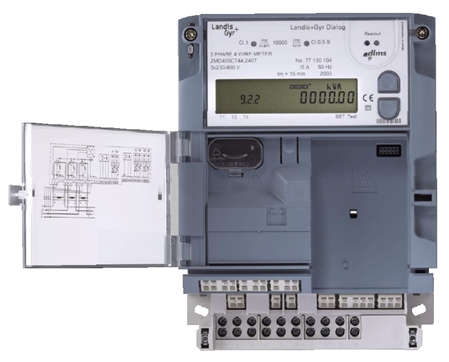
Electricity smart meter for indirect measuring
These smart meters are to be mounted on electricity consumers whose consumption is over 100A like large stores, supermarkets, factories etc.
On the next picture you can see how one current transformer for low voltage looks like:
Below is the connection diagram with current transformers on low voltage:
| 1 | Beginning of the first secondary current |
| 2 | First voltage |
| 3 | End of the first secondary current |
| 4 | Beginning of the second secondary current |
| 5 | Second voltage |
| 6 | End of the second secondary current |
| 7 | Beginning of the third secondary current |
| 8 | Third voltage |
| 9 | End of the third secondary voltage |
| N | N – phase neutral |
| * | Beginning of the secondary side of the current transformer |
| R | First phase |
| S | Second phase |
| T | Third phase |
Vector diagrams
As you know from the article for electricity smart meters, on middle voltage the formula for electricity measurement is: P=U*I*cosϕ
On the picture below you can see a vector diagram which the meter can draw during the measuring.
This is a vector diagram which the smart meter draws when the scheme is correctly connected
Pretty big advantage of those smart meters is that you can connect with the meter at any time and see the vector diagram that it draws. If you know what to look at, you can easily find out if there is something wrong with the measuring.
Now I am going to show you two examples and you will convince yourself.
In this situation we have reversed beginning and end of the first current transformer. As you can see on the vector diagram, the first current is displaced to 180⁰ from its normal position and the measured electricity starts to accumulate in another quadrant (the consumer now appears to be a producer of electricity).
This may occur during the installation of the meter and if there was no consumption during the installation this cannot be seen.
In this situation the first voltage of the meter is missing. If you look at the formula for electricity measurement you will see that without voltage there is no way to measure the electricity. In this case the user will consume electricity but 33% from it will not be measured.
This may occur due to some failure or outside interference in the measurement.
Conclusion
In conclusion we can say that the smart meters on low voltage are very useful because they can measure many parameters which can be analyzed. As you saw in the examples above, they are also quite useful for detecting failures or any other breach in the measurement.
I have found many irregularities while sitting in my chair in front of the computer which saves a lot of time and money. This is why I think that it is a very big advantage of the smart meters to have such features.
The trend all over the world is all meters to be replaced with smart meters and thus every user will know how much electricity he consumes in every moment and the power distribution companies will know how much electricity they should provide to their customers at any given moment.
What do you think about it?
Steven Mill.
